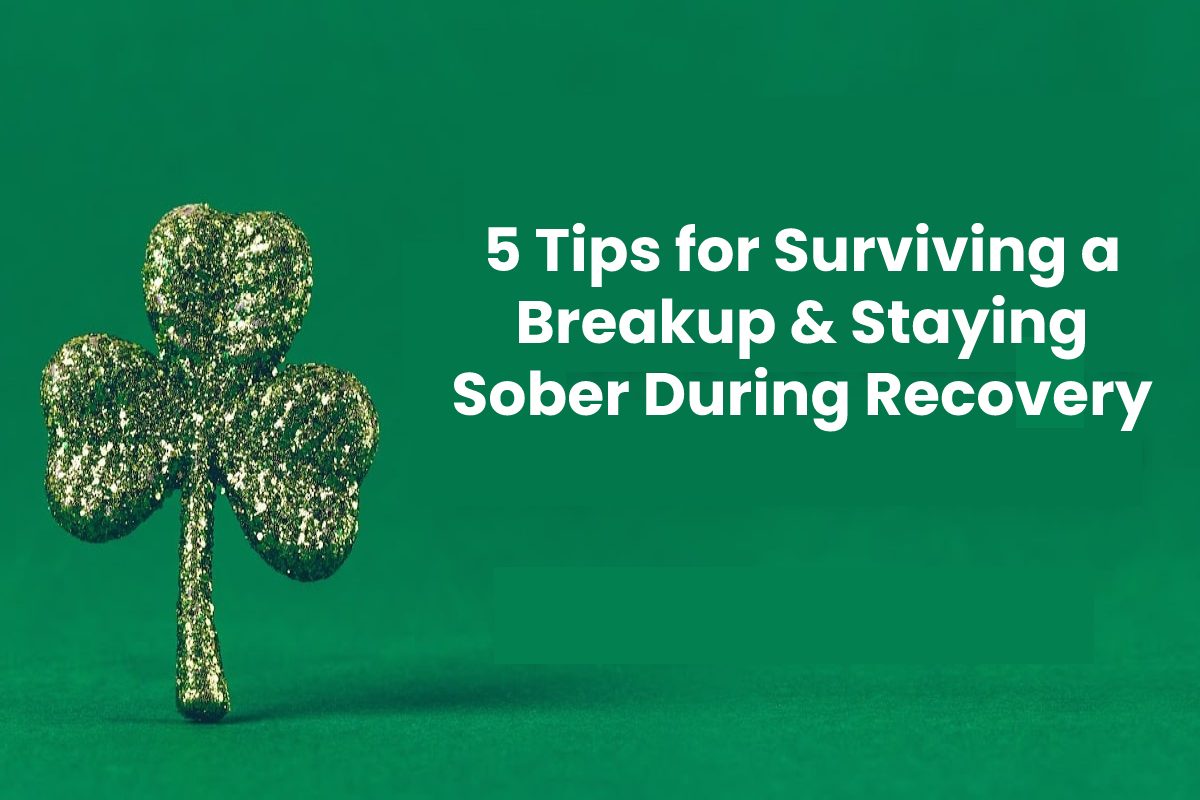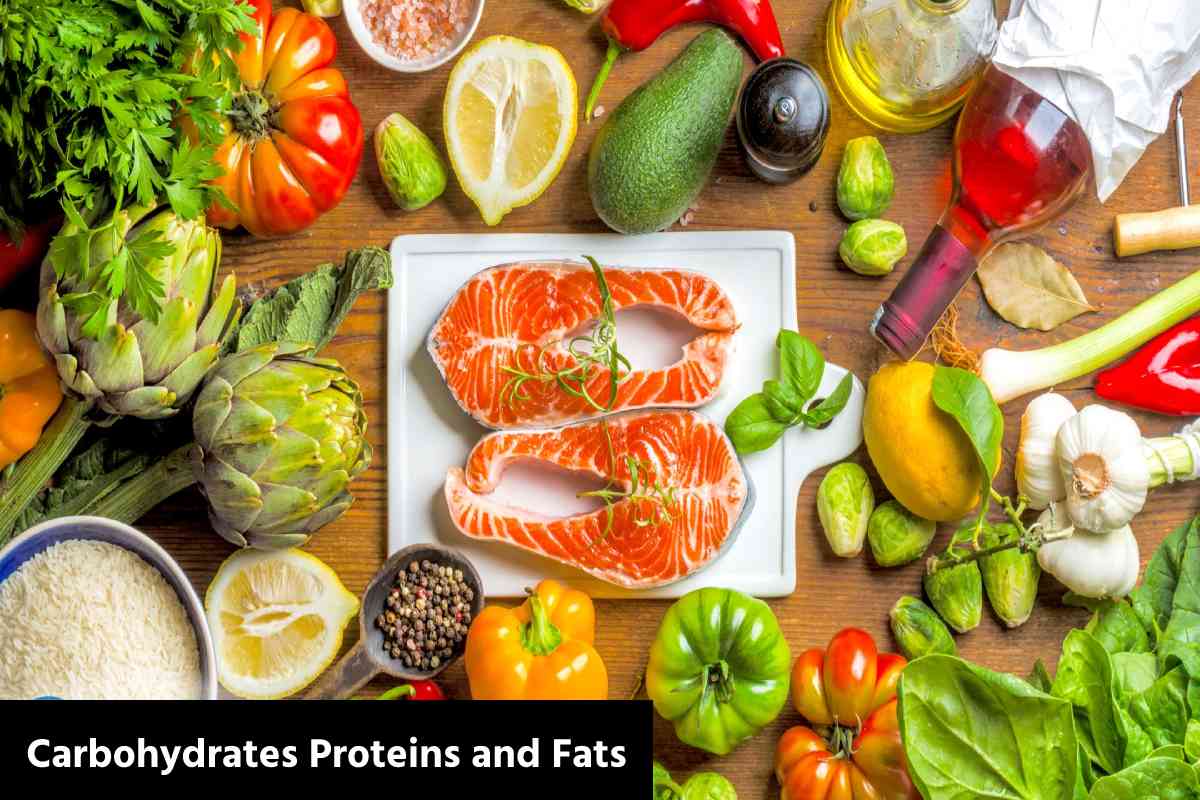5 Tips for Surviving a Breakup & Staying Sober During Recovery
Most people would agree that one of the most traumatic and saddest parts of life is breaking up with someone you truly love, signaling the end of a relationship you were convinced would last the test of time.
However, if you are going through addiction recovery, such a sad and traumatic event, with a myriad of powerful yet different emotions hitting you all at the same time, could spell a lot more trouble than the supposed “broken heart” – it could lead you directly into a rapid, free-falling relapse.
And who knows where that poisoned path may lead you?
Breakups can be incredibly difficult even at the best of times – with difficult words to find, difficult feelings to process, and difficult situations to be resolved, especially if you were living together.
All of this immense difficulty has to be faced without the previous yet dangerous fallback of getting drunk or getting high as a means of escape.
Breaking up with someone during addiction recovery means facing all of these difficulties, perhaps even when your mental health is not as healthy as it should be, and successfully coping with them – as best as you can.
All without reaching for an addictive substance like alcohol or drugs to get you through.
In reality, alcohol and many drugs, such as opioids, are strong depressants (central nervous system depressants, to be medically precise), and in the long-term, they are not a solution and they are certainly not going to make you feel happier.
In fact, they would definitely make you feel much, much worse.
So how do you hope to survive the emotional turmoil of a breakup when you are also in addiction recovery and desperate to stay sober?
As hard as it may be, you need to face the facts, face up to your own responsibility to yourself, and face up to some hard truths. These will, at some point, include:
- Realizing you are not the person you were before you found recovery
- Addiction has changed you – drug and alcohol rehab has changed you even more
- The earlier version of “you” that this other person fell in love with initially is no longer there, and they really are gone for good; lastly…
- Nothing – no single person, no lost past love, no single opportunity, no single idea of what “may have been” – nothing at all, at this moment in your life, is more important than your continued sobriety and your ongoing recovery. Nothing.
For sure, they are hard truths, especially to be heard (or read) right now, when you feel vulnerable and somewhat at a loss. However, these truths will still be there tomorrow, exactly as they are now, and waiting for your understanding…
Surviving this moment in your life with drugs or alcohol is something you cannot do alone, although you may feel like the loneliest and saddest person in the world right now.
I know, I have stood in your shoes, I’ve cried into my hands as you have done, and I’ve been tempted to resort to past bad decisions – with drugs and alcohol – just to feel a stolen moment, a slight glimmer of real escape from my sad thoughts and my emotions.
I eventually made it past these sad, lonely times, and you can too.
Whenever I think of myself back then, having just lost the person I saw as the one true love of my life (or so I believed, anyway – mind you, I was quite high and very, very drunk most of the time), whenever I do look back, I remember this one guy told me at an AA meeting.
I told him about my girl, and he said back to me, “I hope you don’t learn this the hard way, son, but rel-ationship… in recovery… usually spells rel-apse.” He was right – well, nearly. But I was close, too close.
Here’s what addiction experts advise about breaking up during addiction recovery (sprinkled with a little experience and a few words from me) – your “5 Tips for Surviving a Breakup & Staying Sober During Recovery.”
Table of Contents
1. Use Your Support Network – Breakup & Staying Sober
For many people, the immediate response to being hurt is to isolate yourself, and tell the whole world to leave you alone, which is particularly true for men, and less so for women.
However, trying to deal with all of this on your own is a bad idea. In fact, it’s the very last thing you should do. Reach out to your support network (it’s what they are there for), talk to your friends and family, and cry in front of others if you need to. It’s ok. You need that right now.
If you are experiencing cravings (and that would be quite normal, so don’t be alarmed if you do), you also need someone you trust close by or with you. Additionally, go to support group meetings, speak with your therapist, if you use one, or even call an addiction hotline if there’s no one else available – anything to get you through the craving, and out the other side still sober.
2. Manage Your Physical & Mental Health
It is really important that you look after yourself, and stick to your self-care routine – healthy food, exercise, relaxation, normal sleep patterns, whatever you have been doing throughout your recovery so far.
It’s vital that your physical health doesn’t suffer with what is happening. As you know, poor physical health leads to poor mental health, and you certainly do not need a bad state of mind with all that has happened to you of late.
3. Allow Yourself Space to Grieve – Breakup & Staying Sober
The end of a close, romantic relationship creates sadness, it is a personal loss, and you need to allow yourself to grieve the passing of this time in your life. You need to take the time to acknowledge that you have been emotionally hurt, and to take the time to allow those wounds to heal naturally. And they will, given time.
It’s always a good idea to set aside a few days, and say to yourself “I don’t have to push myself too hard, I’m sad and I need space and time.” As a recovering addict, you cannot afford to let things slip, so maintain your recovery schedule, like going to support meetings and so on.
4. Healthy & Sober Distractions
Give yourself a few days of peace and quiet – time to process these recent events – and then get back to engaging in social activities suitable for those recovery, as you did before. Social activities are exceptionally good for you right now because they are happy, sober times, and they provide a helpful, healthy distraction.
5. Utilize Your Coping Mechanisms
Your recovery coping mechanisms, like your sleep and exercise schedules, your eating habits, your therapy, your hobbies, etc., are all intrinsically important to the success of your recovery.
Do not allow these slip, as they are proven methods of staying sober. Consciously looking after yourself and maintaining your normal habits are actually coping mechanisms in themselves.
There is no denying it, no way to sugarcoat it – breaking up with someone can shake you to your very core. It really doesn’t get more personal than this – except when it affects your recovery. Your continued recovery, and your good health and wellbeing, is because you’re staying sober, through both good and bad times.
As hard as it may be to accept right now, your recovery is more important than how anyone else feels about you right now. Without, you are destined for the worst of times. So, you have to do all you can to protect it and nurture it. Take care, stay safe.


